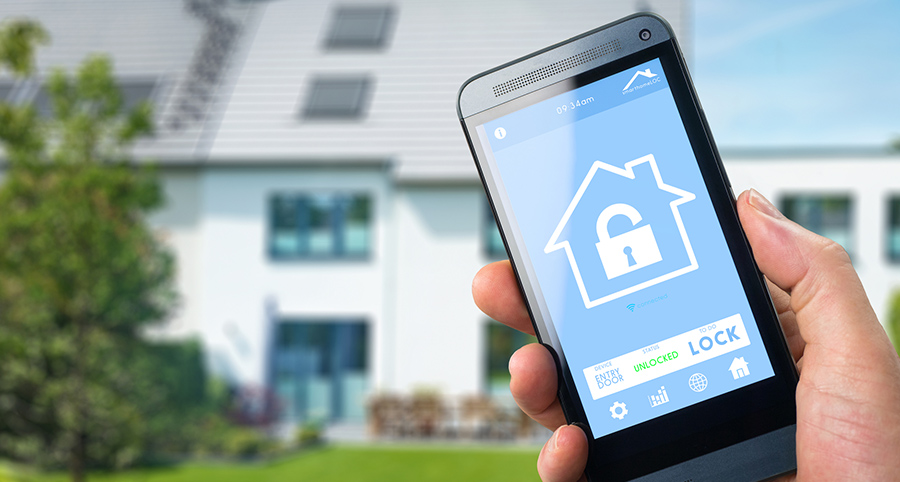Find answers to questions about smart homes in Chicago

You’ve overheard your colleague talk about how he can operate his light bulbs with a voice command or program his thermostat to change settings on its own. Needless to say, you would like to know more about how smart homes work and if they are able to benefit your family. To help you gain a better appreciation, review these answers to several common questions about smart homes in Chicago.
How do smart homes work in Chicago?
All of your smart devices like lights, door locks, thermostats, and video equipment all have one thing alike - they need to be connected to the internet. This connection gives them the chance to be controlled from a distance with things like a Google or Amazon speaker, central hub, or smartphone app. Your automated gadgets can also react to each other. For example, if your security camera discerns unusual movement, it can prompt your lights to activate.
You might hook up a few connected lights and a Google or Amazon speaker and say you have a smart home, but why settle for that? As an alternative, consider a fully integrated installation with connected lighting, surveillance, home comfort controls, and other devices. Read why this choice makes sense.
Will a Chicago smart home enrich my life?
It’s only natural if you’re a little skeptical. Turning your lights on or off by the push of a button seems fun, but you probably are wondering if your Chicago smart home will genuinely benefit you. As it turns out, it will, and in ways you might not have considered.
- Protection: Would you enjoy having doors that automatically lock at predetermined moments or surveillance systems that is able to dispense video updates when suspicious activity is observed? Tools including Vivint’s outdoor cameras even have built-in deterrents. Smart homes have an unmistakable edge in regards to boosting your home’s security.
- Control: Because your automated devices are connected to the internet, results in you being able to control them from any location. Neglect to switch off your lights? It’s not a big deal. Merely use the simple Vivint app on your phone and solve the problem.
- Usefulness: Give yourself less to do by putting smart lights and door locks on a predetermined program. You can also perform a range of functions with spoken words and a connected smart speaker.
- Energy savings: If you set lighting and temperature settings on programs and have the opportunity to control your components remotely, you can considerably decrease utility costs.
Is it best to include 24-hour monitoring with my smart home?
Smart home connectivity and convenience are great, but what happens when you’re faced with an emergency? When you have 24-7 monitoring, those automated tools that keep you informed also warn your monitoring personnel. This gives you the chance to focus on your family while the dedicated representatives contact emergency responders. The advantages of monitoring are even greater if something occurs when you’re away from home. Similar to most things in life, it’s typically a wise move to have a back-up plan in place.